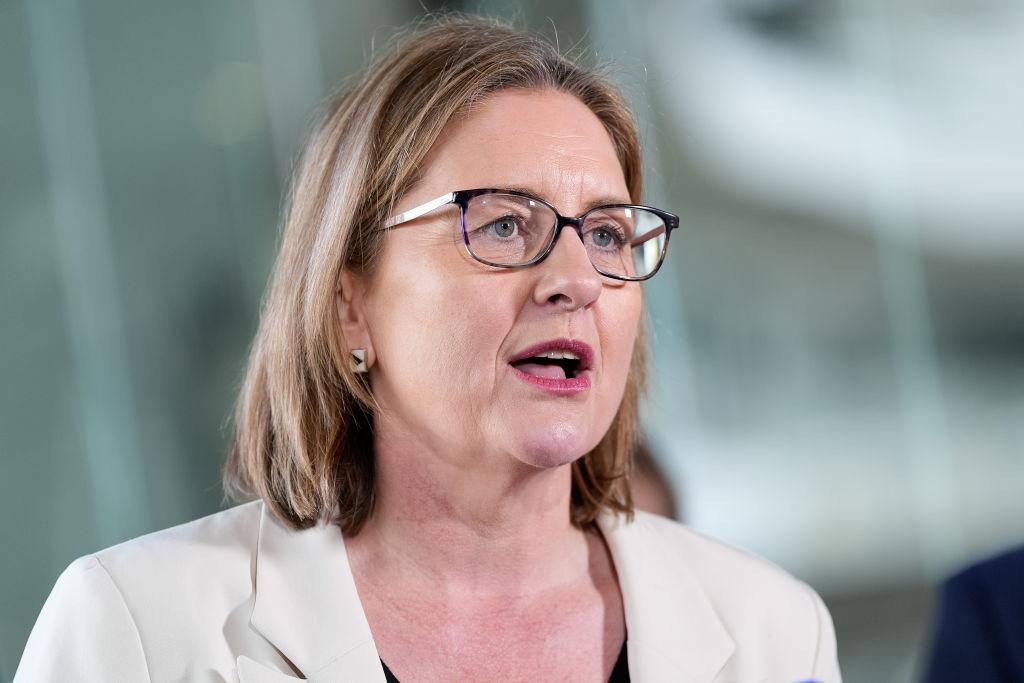A new report from the Victorian Auditor-General’s Office (VAGO) has raised serious concerns about the state government’s handling of major infrastructure projects, revealing a staggering $11 billion surge in costs over the past year.
The report, which examined 110 major projects, found that nearly half had experienced increases in their total estimated investment (TEI).





